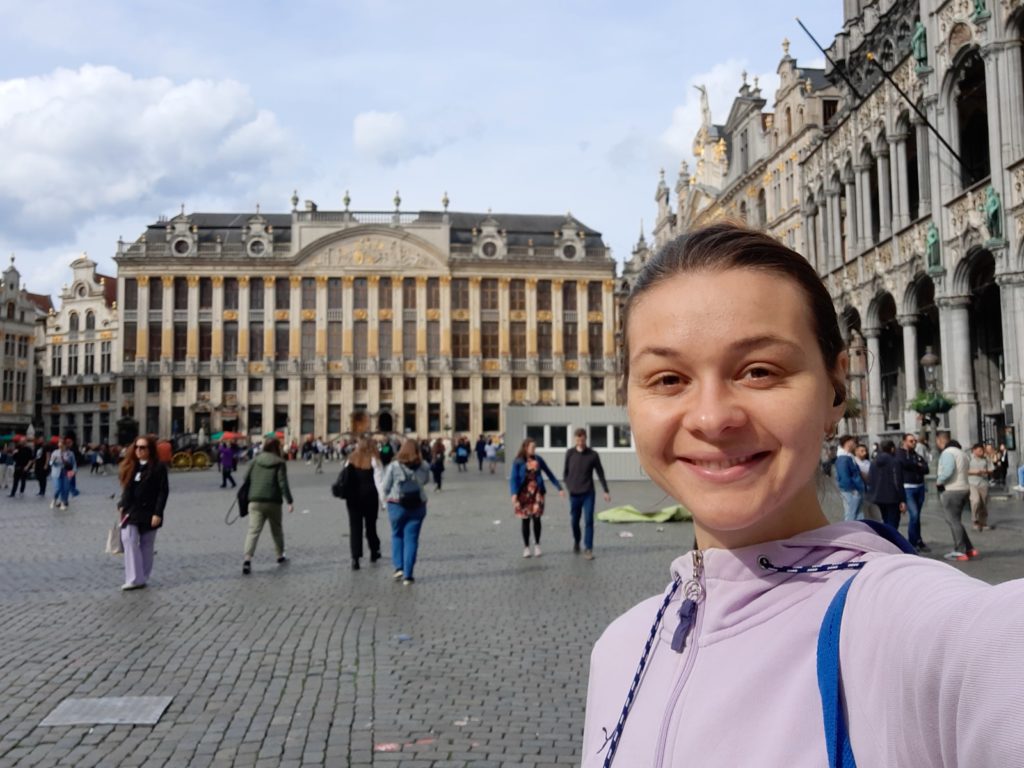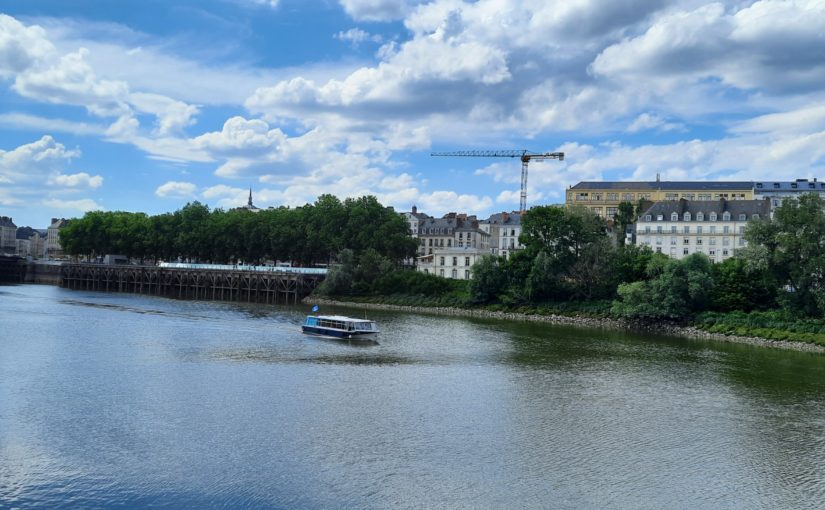A fellow classmate, an Italian girl, and I had a conversation on representation in politics in our respective countries. I told her that Ukraine had a very high representation of people of different ethnicities and origins in our parliament, and it was common to see people with non-Ukrainian last names as important public figures. It was also true for people coming from diverse religious backgrounds.
In Italy, Clara said, the situation was different. Parties mostly consisted of white Italians, and it was rare to see an immigrant or a person who is not an ethnic Italian in national politics. Clara herself comes from the German-speaking part of Italy as she is a part of the Austrian community. She told me she didn’t feel particularly represented in Italy on the national scale.

We asked our professor about representation in France. Was it easy to be non-French born and yet, become an influential political figure? Are there many immigrants who, after obtaining citizenship, became visible and recognized?
Our professor was skeptical.
Yes, there was representation, he said, and yes, there were people of diverse origins in France who made it really big. There were lots of French politicians of Algerian, Senegalese or other origins, and the same was true for arts, education, and other spheres.
The problem was, however, that to get to their current point, they had to work three times as hard as white French people born and raised in France. Their success happened in spite of things, and not because they received a lot of encouragement. Some French complained that there was positive discrimination in the country, and the reason that some immigrant-born people got successful was because they were unjustly favored. So there was stigma, prejudice, and misunderstanding.
That was the reason that far right radicals were getting so much power in the country recently. Antisemitism and anti-immigration became very big talking points which aim to discredit the achievements made by diverse communities. Cultural pluralism is viewed as a sin by some of these right wing groups as they believe that only ethnic French people should live in France, hence they can only speak French at home and follow what they consider traditional French values.
I noticed the racial problems in France early on my arrival here. There are lots of issues when it comes to equality and representation of the African French community, for example, and these issues are translated into politics. I worry about what lies ahead for France and the rest of Europe. It is a beautiful experience to learn the French language, but it also uncovers lots of deeper challenges within French society.
